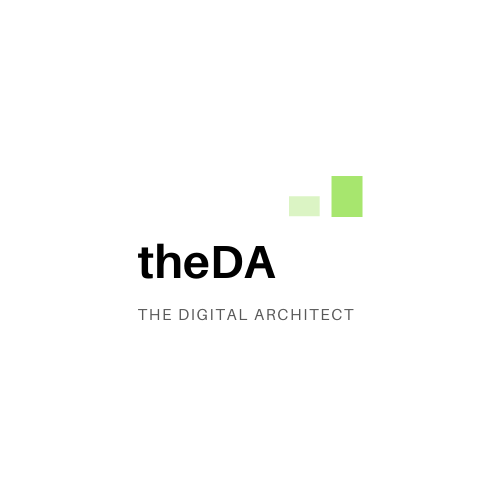In today’s rapidly changing and constantly shifting world, students need to be equipped with skills that will offer them flexibility and confidence to adapt. The idea of ‘21st Century skills’ has grown in popularity, and while it has not yet been concretely defined or bound to a specific set of skills, it generally points towards the competencies that will help students to thrive in their changing environment.
What does it mean to have 21st Century skills?
21st Century skills need to be taught, strengthened and developed in a variety of ways that will allow students to not only learn content, but to actively engage with it. This means being able to ask questions like “Why?”, “What do I think?”, “What are the implications of this?”.
Learning how to approach any information in this way, will grow a student’s capacity for processing change and creatively coming up with solutions to new problems.
Technology has played a large role in promoting this kind of thinking, by offering means of staying connected with the world and ensuring that updated information is available 24/7.
Why are 21st Century skills necessary?
Industries change at a moment’s notice, new discoveries are made daily, and communication has never before been able to allow such a constant flow of information. Being a citizen in today’s world, for most, will mean having to learn how to handle the demanding and fast-paced nature of a globe aware of its constant motion. Students now need to be prepared for jobs that do not yet exist, problems that have not yet been realised and technological designs that are to come, making adaptation and interaction skills of the highest priority.
A list of skills to pay attention to
Although 21st Century skills vary according to different people, places, and schools, there is a broad list that has reached general consensus. These have been broken up into three core categories: learning skills, literacy skills, and life skills.
Learning skills
These include all forms of engagement with learning material in an interactive way, such as:
– Critical thinking (problem solving, reasoning, analysis, interpretation and synthesizing information)
– Creativity (curiosity, imagination, innovation and self-expression)
– Communication (oral, written, public speaking and listening)
– Collaboration (leadership, teamwork and cooperation)
Literacy skills
Here, the focus is on being able to use tools at your disposal to develop and grow your work. Key abilities are:
– Information literacy (being able to identify, find and use information that you need for a particular task)
– Media literacy (accessing, evaluating and manipulating different media for a specific purpose)
– Technology literacy (understanding information and communication technology (ICT), being able to use the internet and interpreting data)
Life skills
Life skills relate to the intangible aspects of everyday life and how we navigate these, including:
– Flexibility (being able to adapt to new situations and problems)
– Initiative (having self-direction and perseverance)
– Social skills
– Productivity (this includes time management and self-discipline)
– Leadership
Beyond these skills, global awareness, environmental understanding, and knowledge about personal health and wellness are starting to be counted as equally important and should also be factored in when giving children a well-rounded education and training ground. It would be amazing to supplement the South African curriculum with a range of skills to equip students living in rural areas with the necessary tools needed in a changing world. Programmes that focus on new ways of teaching by incorporating and integrating e-learning, working outside to grow an appreciation of conservation, engaging with travel and tourism, and learning vital life skills. The aim would be to reach not only young children, but also students entering the working world, wanting to grow their skills to suit its fast-paced nature.
If you would like to help, visit our donations page and become a part of this growing movement.
